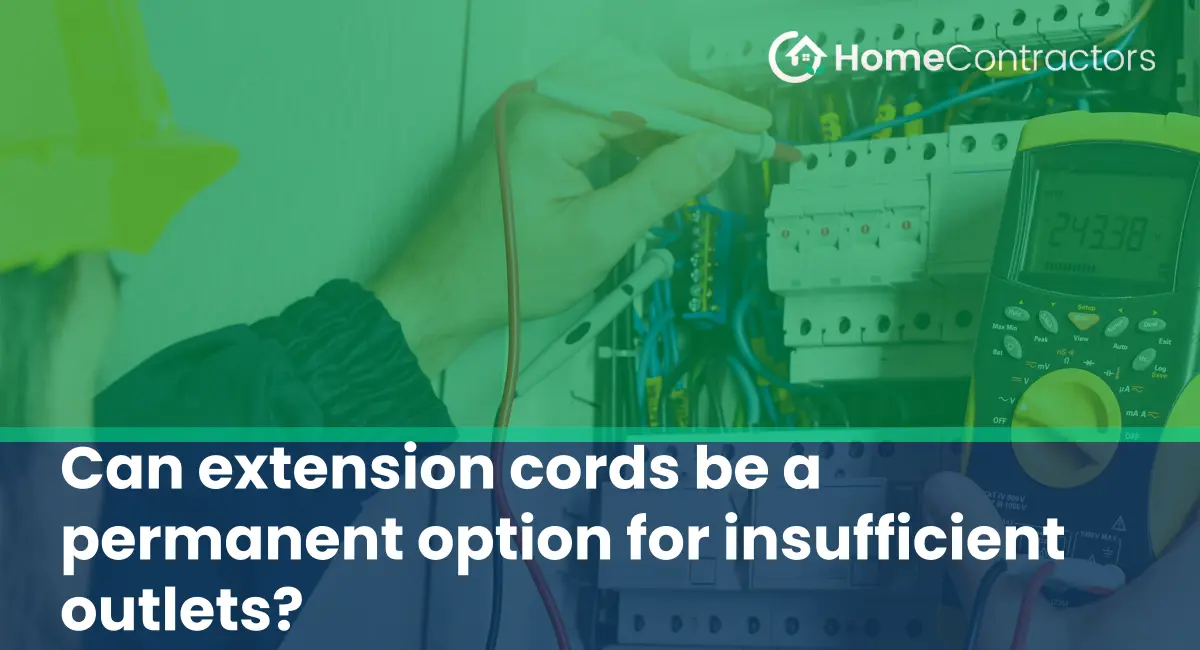While it’s generally advised to avoid using extension cords as a long-term solution for insufficient outlets, some situations call for their extended usage. These circumstances typically involve temporary setups or events where additional outlets are not readily available. Examples may include:
- Construction or renovation: During construction or renovation projects, extension cords may be necessary to provide temporary power access until permanent outlets are installed. However, it is crucial to ensure that the cords are of high quality and properly grounded to reduce risks.
- Outdoor activities: When using electrical appliances or gadgets for outdoor activities like gardening, camping, or recreational events, extension cords may be needed to bridge the gap between outdoor power sources and electronic devices. Again, it is important to employ cords specifically designed for outdoor use to ensure safety.
Ensuring safe usage of extension cords:
Using extension cords long-term, even in specific situations, requires careful attention to safety. Here are some tips to ensure their safe usage:
- Choose the right cord: Select extension cords that are appropriate for the intended use – indoor or outdoor – and capable of handling the intended electrical load. Check for a certification mark from a reputable testing laboratory.
- Use surge protectors: Whenever possible, opt for extension cords that include built-in surge protectors. This extra layer of protection can significantly reduce the risk of damage to your electronic devices.
- Minimize cord exposure: Keep cords away from high-traffic areas and secure them properly to prevent tripping hazards. Avoid running cords under rugs, over nails, or through doorways, as it can lead to fraying or crushing of wires.
- Regularly inspect cords: Periodically examine extension cords for signs of wear and tear, such as frayed or exposed wires. If any damage is detected, promptly replace the cord.
- Avoid daisy-chaining: Connecting multiple extension cords together, also known as daisy-chaining, increases the risk of overloading circuits and increases the likelihood of accidents. Instead, use a single, properly-sized cord that can safely accommodate all your devices.
While extension cords can be a quick and convenient solution for insufficient outlets, they are not meant to be a permanent fix. The potential risks associated with long-term usage, such as overloading circuits, tripping hazards, damage to cords, and lack of surge protection, make them less than ideal for continuous use. However, in temporary situations, such as construction or outdoor activities, extension cords can be utilized with caution. It’s always crucial to prioritize safety and adhere to recommended guidelines when employing extension cords to avoid any potential hazards.
